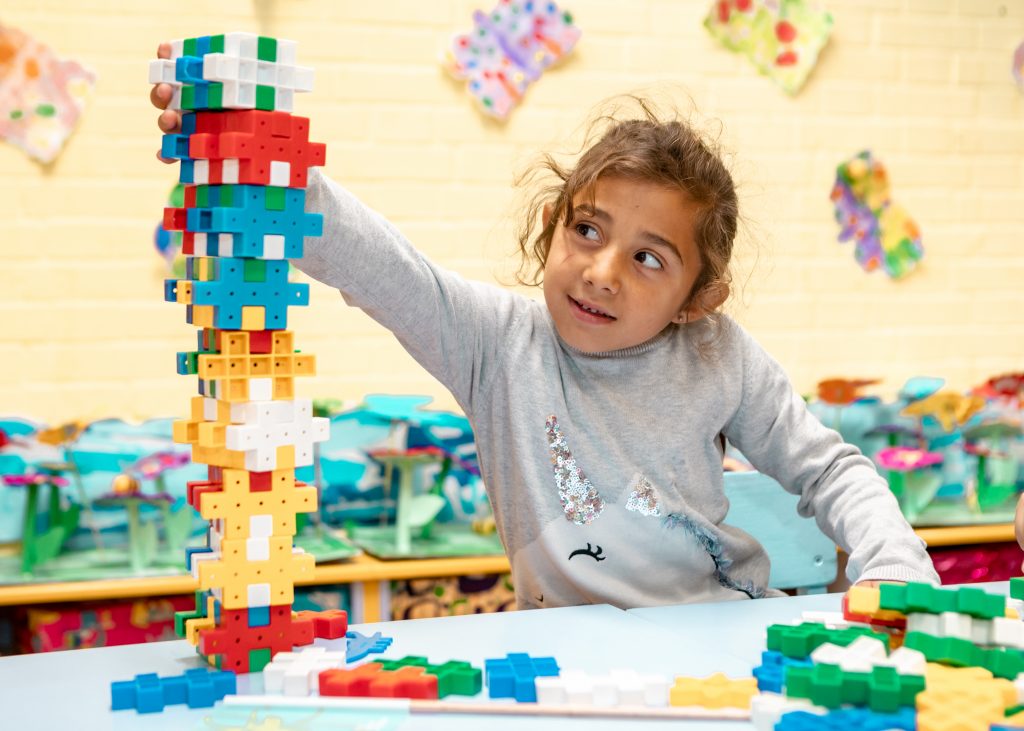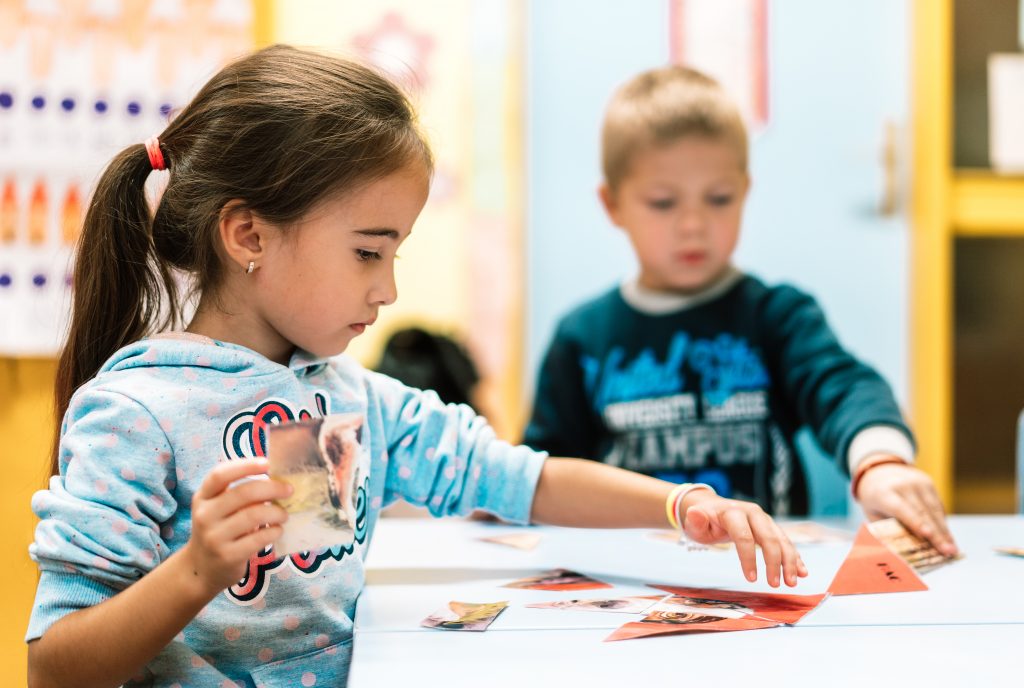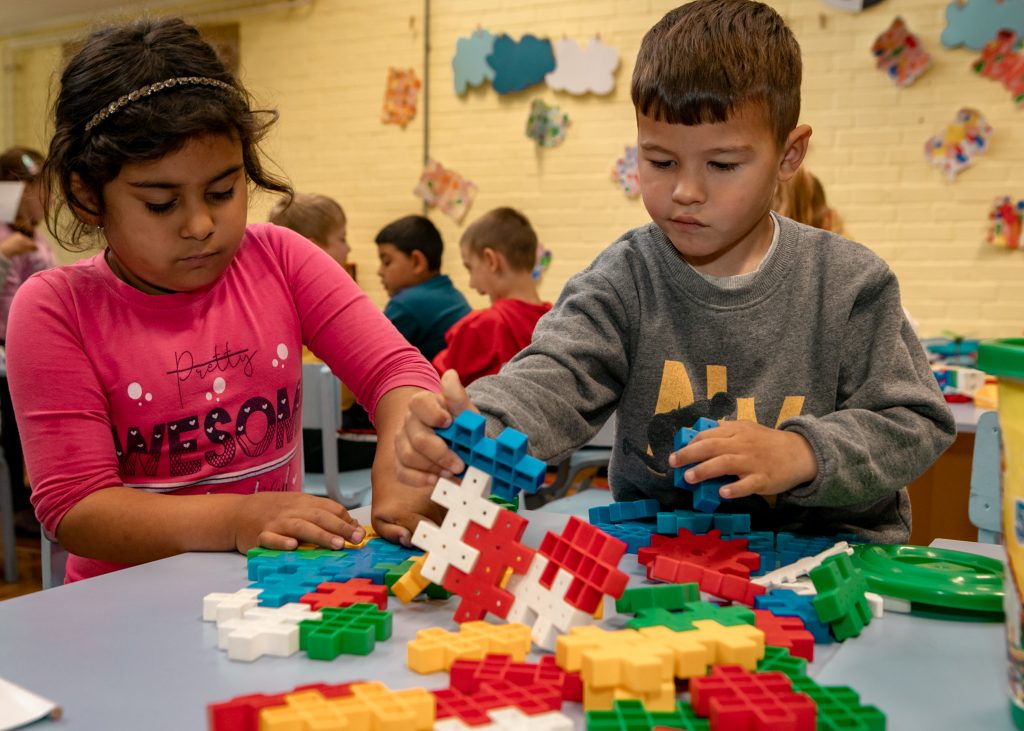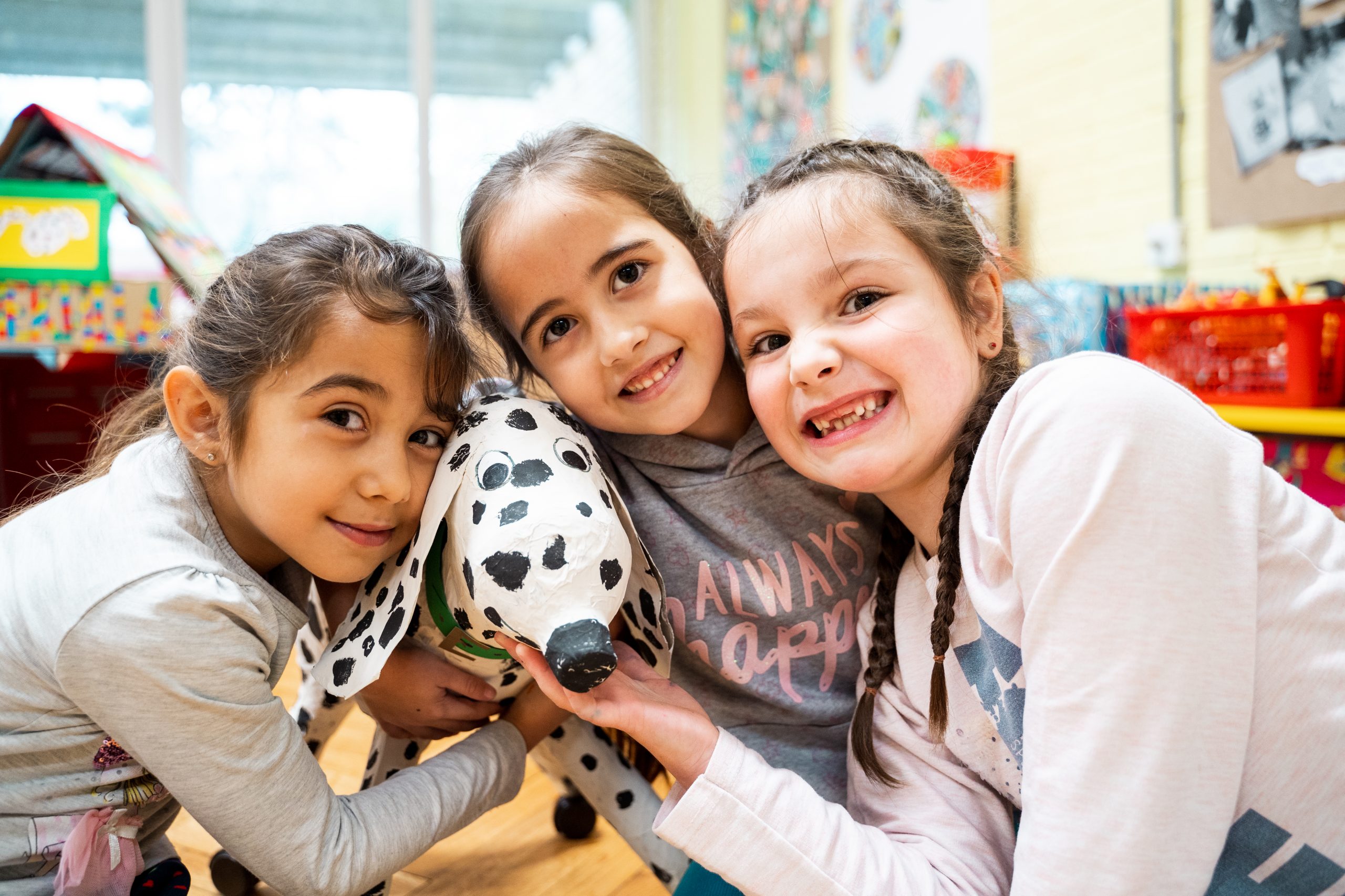Culture is really what kind of atmosphere the child grows up in. Its role in understanding early childhood development is crucial.
Approaches to childhood and children vary greatly across countries and peoples around the world. Since the 1950s, cross-cultural researchers have studied cultural variation in the treatment of infants and children and have produced numerous publications on the possible causes and consequences of these variations. Child early development is a dynamic, interactive process that is greatly connected with culture. Every child is unique in interacting with the world around them, and what they invoke and receive from others and the environment also shapes how they think and behave. Children growing up in different cultures receive specific inputs from their environment. For that reason, there’s a vast array of cultural differences in children’s beliefs and behavior.
In so-called WEIRD (Western, Educated, Industrialised, Rich and Democratic) societies, the responsibility is largely placed on parents or parental figures to nurture their children and teach them and guide their intellectual and social development from as early on in their lifespan as possible. This proactive and instructive approach, which can involve singing to a baby in the womb and providing educational toys with parental guidance throughout childhood, contrasts sharply with the approach to child development found in most non-WEIRD societies.

While parents from Western countries may be more familiar with the cultural notion that child-rearing demands a hands-on approach from caregivers until the child is self-sufficient, other cultures might leave children to explore freely as a form of self-education. They may be left to “find their own way” from a much younger age than children from Western countries are accustomed to.
Furthermore, a child’s personality may be acknowledged earlier or later on in the life-cycle in some societies compared with others. This early exposure affects the way children attend to themselves or to their relationships with others – forming their self-image and identity. For example, in Western European and North American countries, children tend to describe themselves around their unique characteristics – such as “I am smart” or “I am good at drawing”. In Asian, African, Southern European and South American countries, however, children describe themselves more often around their relationship with others and social roles. Examples of this include “I am my parents’ child” or “I am a good student”.
Because children in different cultures differ in how they think about themselves and relate to others, they also memorize events differently. For example, when preschoolers were asked to describe a recent special personal experience, European-American children provided more detailed descriptions, recalled more specific events and stressed their preferences, feelings and opinions about it more than Chinese and Korean children. The Asian children instead focused more on the people they had met and how they related to themselves.

Cultural Effects of Parenting
Parents in different cultures also play an important role in molding children’s behavior and thinking patterns. Typically, parents are the ones who prepare the children to interact with wider society. Children’s interaction with their parents often acts as the archetype of how to behave around others – learning a variety of socio-cultural rules, expectations and taboos. Cultural differences in interactions between adults and children also influence how a child behaves socially.
For instance, in Chinese culture, where parents assume much responsibility and authority over children’s early development, parents interact with children in a more authoritative manner and demand obedience from their children. Children growing up in such environments are more likely to comply with their parents’ requests, even when they are reluctant to do so. In societies where the division of labor is more rigid, however, we might alternatively note that children are expected to do their full share of grown-up work as soon as it is possible for them to contribute.

Not too distant from familial culture is a culture that is derived from the religious beliefs and practices of a specific family. If a child grows up seeing a lot of time and effort being devoted to religion, prayer, ceremonies; that is the culture he or she might also adopt. Similarly, communities and their peculiarities also form part of the cultural exposure and inheritance of a child. If we were to generalize and use a cliché, a Bengali family where there is the omnipresence of the arts and other intellectual pursuits, a child in that environment will be obviously influenced by that kind of learning. Similarly, a different community that might propagate a philosophy of austerity, is likely to be inculcated in the children of that family too. Culture then, is really what kind of atmosphere the child grows up in.
Culture is a term that straddles and encapsulates a whole lot that can impact a child’s development. Its influence is inevitable and should be taken into account when it comes to parenting and educating.
About the author: Tatsat Bhatt is a 4th Year B.B.A. LL.B. Student at L. J. School of Law, India. He is extremely passionate about writing columns and authoring articles on vivid legal issues. He has written various research papers on Criminal Law, Company Law and Medical Law. He hopes that his philosophy and skills will lead to a greater sense of social equality.
















